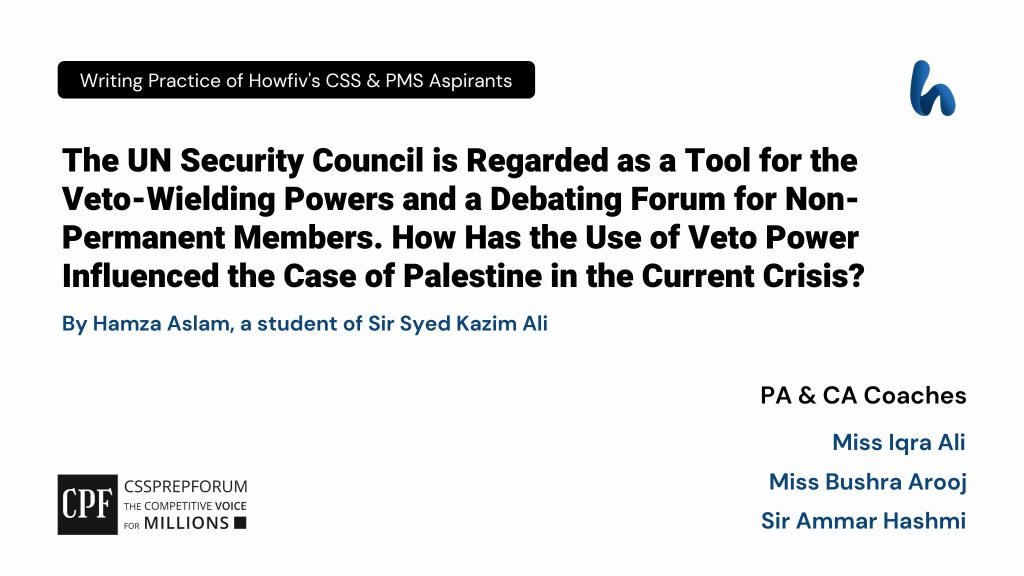The 1990s Budget Crisis: Understanding Clinton's Veto Power

Table of Contents
The Context of the 1990s Budget Crisis
A Decade of Deficits
The escalating national debt of the 1980s significantly impacted the economic climate entering the 1990s. This was largely a consequence of the Reagan-era tax cuts, coupled with increased military spending. This combination led to a substantial budget deficit that continued to grow throughout the decade.
- Reagan-era tax cuts: Significant reductions in income tax rates, while stimulating the economy in the short term, contributed significantly to the long-term deficit.
- Increased military spending: The Cold War arms race and military buildup under the Reagan administration placed considerable strain on the federal budget.
- Impact on the economy and social programs: The growing deficit forced difficult choices regarding government spending on social programs, leading to cuts and reduced services in many areas. The economic impact included higher interest rates and concerns about long-term economic stability.
Political Polarization and Gridlock
The 1990s saw intense partisan divisions in Congress, creating significant gridlock in attempts to address the mounting budget deficit. This political polarization further complicated efforts to enact effective fiscal policy.
- Disagreements between Republicans and Democrats: Republicans generally favored spending cuts, particularly on social programs, while Democrats advocated for tax increases on higher earners to fund social initiatives and reduce the deficit.
- The role of interest groups and lobbying efforts: Powerful interest groups and lobbyists exerted considerable influence on the debate, further exacerbating the political stalemate. Their lobbying efforts often worked against compromise and bipartisan solutions.
Clinton's Veto Strategy and its Impact
Key Vetoes and their Rationale
President Clinton employed his veto power strategically throughout his presidency to block legislation he deemed fiscally irresponsible or politically damaging. These vetoes became a significant aspect of his approach to budget negotiations.
- Veto of the Republican budget proposal (example): (Insert specific example of a vetoed bill here, detailing the content of the bill, Clinton's reasoning behind the veto, and the political fallout.) This veto underscored Clinton's commitment to finding a balanced approach to fiscal policy.
- Political motivations behind each veto: Each veto was calculated, aiming to demonstrate Clinton's commitment to fiscal responsibility while also positioning himself for political advantage in the ongoing budget battles. (Insert other specific examples of vetoes with analysis of the political motivations).
- Short-term and long-term consequences: The immediate consequence of each veto often involved heightened political tensions and accusations of obstructionism. The long-term consequences varied, sometimes leading to revised legislation, and sometimes resulting in a continuation of the budgetary stalemate.
Negotiating with Congress
Clinton's approach to budget negotiations involved a complex interplay of collaboration and confrontation, frequently employing the threat of a veto to secure concessions from Congress.
- Strategies to build bipartisan support: Clinton attempted to build bipartisan consensus through negotiation and compromise, but often found himself facing staunch opposition from Republicans, leading to frequent standoffs.
- Relationships with key congressional figures: His relationships with key congressional figures played a pivotal role in shaping the outcomes of these budget negotiations, sometimes facilitating compromise and at other times intensifying the political conflict. (Mention specific relationships and their influence.)
The Impact on Fiscal Policy
Clinton's vetoes had a measurable impact on the direction of fiscal policy in the 1990s, contributing significantly to the eventual reduction in the deficit.
- Economic consequences of the vetoes: While some argued the vetoes hampered economic growth, others maintained that they were essential for preventing more fiscally irresponsible policies that could have worsened the deficit.
- Unintended consequences: (Discuss any unintended consequences of Clinton's vetoes – e.g., increased political polarization, hampered government services, or unforeseen economic ripple effects).
The Legacy of Clinton's Veto Power
Short-Term and Long-Term Effects
The 1990s budget crisis and Clinton's use of the veto power had profound short-term and long-term consequences for American politics.
- Impact on public perception and political discourse: The budget battles significantly shaped public perception of both Clinton and the Republican-controlled Congress. (Discuss the impact on public opinion and the political narrative of the time.)
- Lasting implications for fiscal policy debates and presidential power: The events of the 1990s established the veto as a powerful tool for presidents in shaping fiscal policy, but also highlighted the potential for gridlock and political stalemate.
Lessons for Modern Politics
The 1990s budget crisis offers valuable lessons for understanding contemporary political challenges.
- Parallels to current debates over government spending, debt, and political gridlock: The partisan divides and budgetary struggles of the 1990s resonate with the current political landscape, demonstrating the enduring challenges of fiscal policy-making in a highly polarized environment.
- The importance of understanding historical precedents: Examining the events of the 1990s, including Clinton's use of the presidential veto power, provides crucial context for navigating similar challenges in the present day.
Conclusion
The 1990s budget crisis was a pivotal moment in American history, characterized by a significant national debt and intense political battles. President Clinton's strategic use of his veto power played a defining role in shaping the nation's fiscal policy during this period. His actions, while controversial, demonstrably influenced the direction of fiscal policy and contributed to the eventual reduction of the deficit. His deft use of the veto, however, also highlighted the potential for political gridlock and the enduring challenge of achieving bipartisan consensus on critical economic issues. Understanding the intricacies of the 1990s budget crisis and President Clinton's strategic use of his veto power is vital for comprehending contemporary political and economic debates. Further research into this critical period will provide valuable insights into the complexities of presidential decision-making and the dynamics of American fiscal policy. Continue exploring the impact of presidential vetoes on American politics—especially those surrounding the 1990s budget crisis—to gain a more complete understanding of our government's history and the continuing relevance of the presidential veto power.

Featured Posts
-
 Navigating Big Rig Rock Report 3 12 A Rock 101 Deep Dive
May 23, 2025
Navigating Big Rig Rock Report 3 12 A Rock 101 Deep Dive
May 23, 2025 -
 Netflixs Dark Comedy Series A Potential Hit With Kevin Bacon And Julianne Moore
May 23, 2025
Netflixs Dark Comedy Series A Potential Hit With Kevin Bacon And Julianne Moore
May 23, 2025 -
 Shpani A Slavi Pobeda Vo Ln Khrvatska Eliminirana Po Penali
May 23, 2025
Shpani A Slavi Pobeda Vo Ln Khrvatska Eliminirana Po Penali
May 23, 2025 -
 Revealed Antonys Almost Transfer To A Manchester United Rival
May 23, 2025
Revealed Antonys Almost Transfer To A Manchester United Rival
May 23, 2025 -
 The Karate Kid Exploring The Films Enduring Popularity
May 23, 2025
The Karate Kid Exploring The Films Enduring Popularity
May 23, 2025
Latest Posts
-
 Quebecs Streaming Services Face New French Language Requirements
May 23, 2025
Quebecs Streaming Services Face New French Language Requirements
May 23, 2025 -
 Facing Trumps Threats Canadian Automotive Executives Call To Action
May 23, 2025
Facing Trumps Threats Canadian Automotive Executives Call To Action
May 23, 2025 -
 Quebec To Mandate French Language Content On Streaming Platforms
May 23, 2025
Quebec To Mandate French Language Content On Streaming Platforms
May 23, 2025 -
 Canadian Automotive Industry Seeks Stronger Policies Amidst Trump Trade Threats
May 23, 2025
Canadian Automotive Industry Seeks Stronger Policies Amidst Trump Trade Threats
May 23, 2025 -
 Canada Post Strike Averted Details On The New Offer
May 23, 2025
Canada Post Strike Averted Details On The New Offer
May 23, 2025
